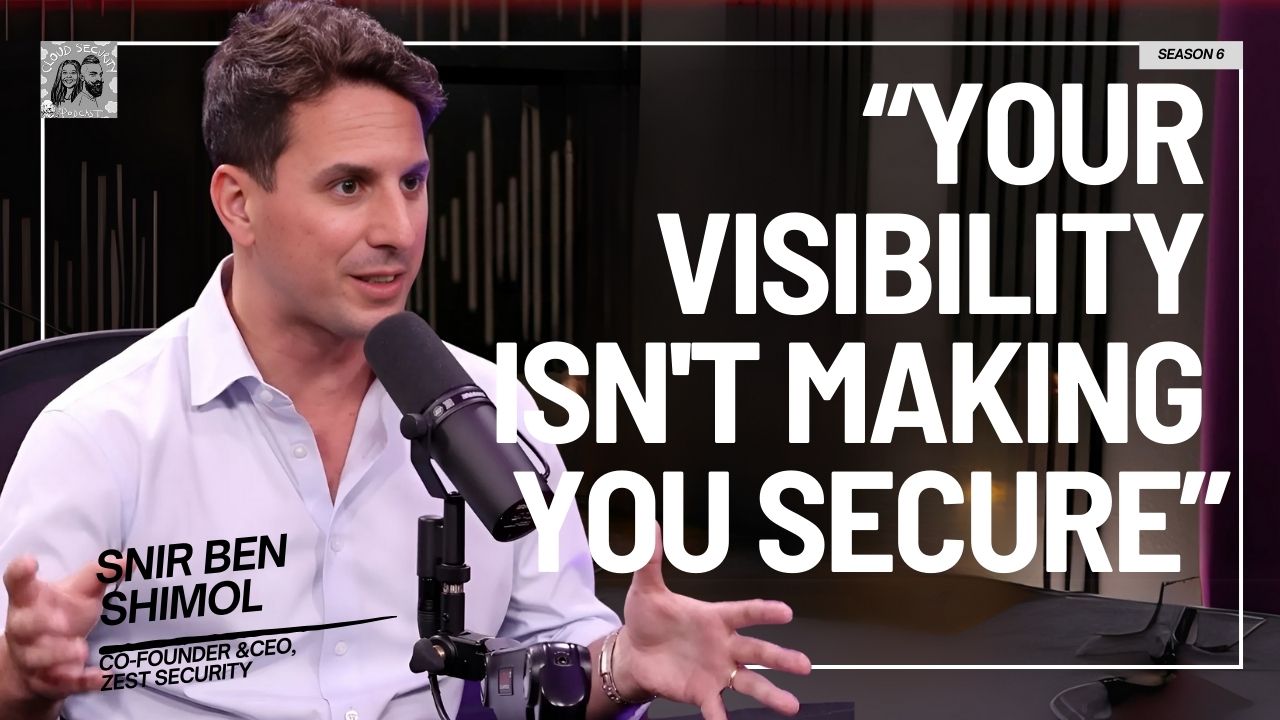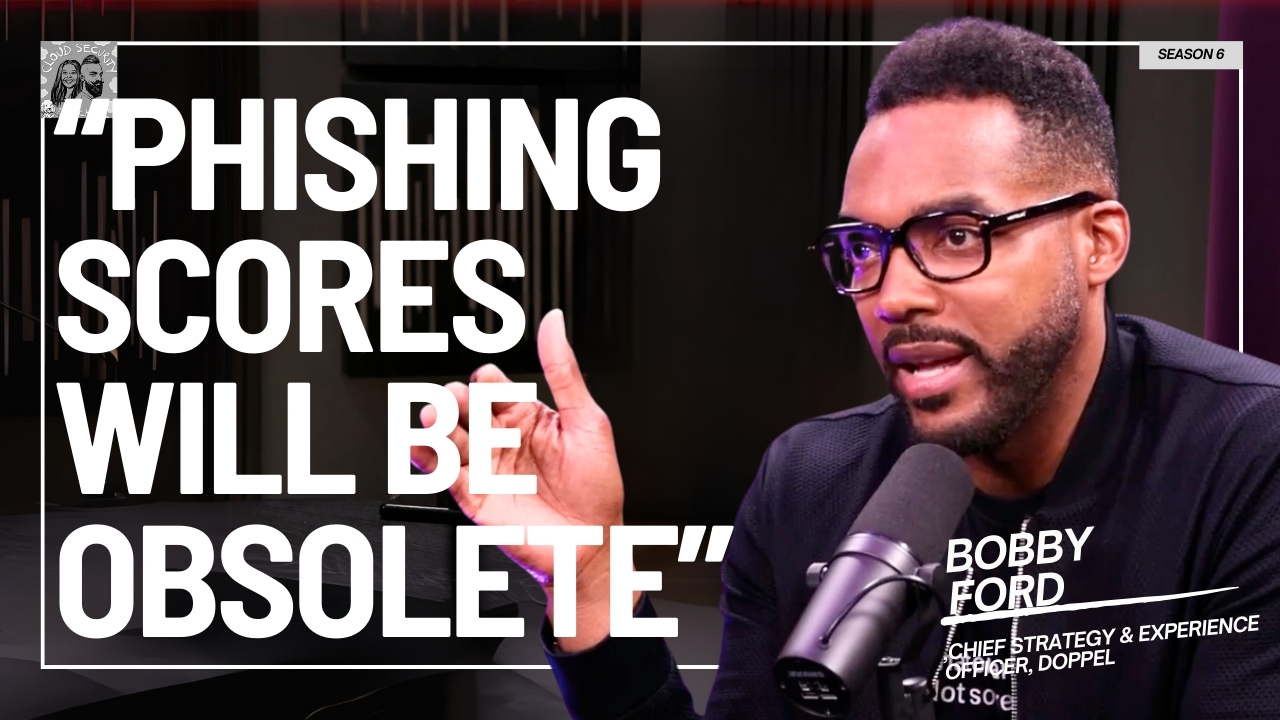What is it like to be a cloud software engineer in a financial company?
We spoke to Nina about her first few days working as a cloud software engineer.
What's it like to completely learn something new, which you've never done before? And how she familiarised herself with @HashiCorp #terraform #sentinel and public cloud.
Questions asked:
00:00 Introduction
01:37 What does a public cloud software engineer do?
02:00 Starting in Cloud
02:37 The role of Terraform
03:13 The value of attending events like AWS Summit
04:09 The value of doing certifications
05:13 The use case for Terraform modules
06:09 The value of doing AWS Certification
07:08 Where to start?
--------------------------------------------------------------------------------📱Cloud Security Podcast Social Media📱_____________________________________
Twitter: https://twitter.com/CloudSecPod
Facebook: https://www.facebook.com/CloudSecurit...
LinkedIn: https://www.linkedin.com/company/Clou...
Website: https://cloudsecuritypodcast.tv/
Nina Boothby: [00:00:00] I think I've struggled with imposter syndrome a woman in a very male dominated field. Everything will be fine knowing that actually once you know a few things, things start to really take shape and then you come to like the AWS summit today and you're like, actually, I understand that. And I think back to September when I started my job and this would have been completely gone straight over my head.
I've learned a lot and I've been in a very good environment at work where people have nurtured my learning and I've put in the effort to learn and I'm supported by people like that, but don't be stressed out. It's an amazing area to work in. It's so new. It's up and coming. It's been really
Ashish Rajan: enjoyable. So for today's topic, we're trying to understand what is it like to be a cloud software engineer in a financial company?
For this, we had Nina who spoke about her first few days as working as a cloud software engineer. What's it like to completely learn something new, which you've never done before? Just finishing a degree and starting up as a cloud engineer. Probably not the easiest thing to do for a lot of people, but a lot of people are starting a journey.
So this episode with Nina, we spoke about what's it like to work in a day's life of a cloud engineer. And if you enjoy [00:01:00] content like this about cloud and what do people do in a profession like cloud engineer or cloud security engineer, definitely give this video a like or drop us a comment for what else would you like us to cover?
And I hope you enjoy this episode with Nina because she definitely dropped a lot of gems about what's it really like to work in the space of cloud engineer in a financial institution, especially if you're starting off just within a year of graduating.
Welcome to Cloud Security Podcast, and today I've got Nina. Nina. Welcome. So for people can you just share a bit about who's Nina, what
Nina Boothby: do you do at the moment? So, I am Nina. I recently graduated. In the University of St. Andrews with a degree in computer science in June of last year, and now I work at a financial company as a public cloud software engineer.
Ashish Rajan: What does a public cloud software
Nina Boothby: engineer do? Many things . Definitely many things as I have learned on this crazy learning journey since September. Different things such as like working on kinda build pipelines, doing kind of python and ruby, that sort of thing. And then also terraform infrastructure as code and then also, Creating security policies with Sentinel.
And that's what I think has like many, many aspects. [00:02:00]
Ashish Rajan: That's an interesting one. Coming from a university and to the tech space as well, would you say the interest for cloud was always there, or did you find out about cloud day one on the job? This is cloud thing.
Nina Boothby: So I would say at the university that I studied at.
It was quite traditional computer science. I've actually said this to quite a few people today at the summit. The cloud is talked about and you kind of learn about it theoretically, but like the benefits of cloud and all those kinds of things. But actually things like Terraform I had never heard of until my first day in my job, like uni just for me at least kind of skipped over all of that and go for more traditional kind of classic software engineering rather than, I guess, what's.
The new kind of boom is kind of public cloud
Ashish Rajan: engineering. What was the role that Terraform played in your day to day? Because I imagine to what you said, there's a lot of things that you do in your day to day. There's Python, there's all of this. What was the role that Terraform played and the journey for what kind of some of the things that
Nina Boothby: it helped you do?
Yeah, so our modules are written in Terraform. We kind of work at the kind of base of our company's cloud adoption. And we actually do quite a lot of reviewing Terraform code for other module developers. So I would [00:03:00] say that the role that Terraform has played for me so far has been, Im on a learning curve because it's very different to anything I've ever done before, but it plays a big part actually reviewing the code, also writing Terraform and paving the modules at the very start.
That's all kind of written in Terraform, I would say.
Ashish Rajan: And why come to the AWS Summit? Because you've traveled 380 miles to be precise. So why come for summit? What's the value of something like an AWS summit adds to you and from a Terraform perspective as well?
Nina Boothby: So for me as a person, I think coming to these kind of events is important because there is so much there and like, you're never going to know everything.
I am never going to know anything. I don't think there is anyone that does, but coming here and actually getting exposed to maybe more than I would in my day job and hearing from like similar people who work in a similar industry, because a lot of my friends who are also software engineers. Don't do anything like I do.
It's quite different and it's quite nice to come here and you hear people talking and it's actually terms that I sort of know about it from work and I'm like, okay yeah like I know what that is and that sort of thing so coming there and also just personal development I sat an AWS certification last year and I'm looking to sit another one this year [00:04:00] and it's actually just about kind of meeting people kind of, I spoke to someone about what certification should I do next?
I was chatting to guys from AWS And that kind of thing, really a lot of things that I gained from being here. Wait, why
Ashish Rajan: certification? Because you're Terraform certified. What's the name of the certification from Terraform? Because I feel like people should know that as well.
Nina Boothby: Terraform Associate and I did the most recent one.
I think it's the 003 is the Terraform. And from an AWS perspective you've done? And I've done the Cloud Practitioner and I did that in December of last year. Just basic Cloud Practitioner. It's kind of the first kind of step on the AWS certification
Ashish Rajan: ladder. Maybe first question, why go down the certification path?
Because I think a lot of people kind of on the other side, we're almost look at that. Oh, do I need to do certification? Do I need a job? But do I need to both? In fact, obviously both will be amazing. I would say
Nina Boothby: both. From what I know now, I would say both go hand in hand. A lot more employers look now to have a certification when they're looking at people to employ.
That's actually been stressed quite a lot today at the summit. I enjoy doing my cloud practitioner one because I work in public cloud and it's relevant to, I guess, what I do in my day job. But then also with like getting certified, it's something that I can say like, Oh, I've studied for and [00:05:00] it is learning.
And a lot of the Terraform stuff I learned in the Terraform certification, for example, is actually really new. We don't exactly use it in that way, but it's good to know. And then if the opportunity ever arises that I need to know that information, I have learned it and I've demonstrated it in the exam for Terraform.
Ashish Rajan: Oh, so some people may not even know what a Terraform module is. And as much as you understand about the Terraform structure as it is, there's a lot of people on the other end. I think, oh yeah, Terraform, I got a Terraform certification, I'll be good. But what's the business use case for what you said earlier, Terraform module is being created?
What do people use that for? Like, what would be a super simple example of, kind of like, is that to you, one plus one equals two? And there's a module
Nina Boothby: for it? Yeah, so I would say that modules in general work together. Like you have a module on its own, and we write that in Terraform, and we deploy that using Terraform.
But they actually all work together. I. Couldn't really think of an instance where a module just works on its own. It uses many other things. It can also use AWS as well. guess to do the addition you would need modules to then also do that. Like one that understands numbers, one that understands, one to do [00:06:00] like the compute, one to store the numbers, like a module for like storage and that sort of thing.
Ashish Rajan: Yeah, okay, so it can help you build the entire infrastructure and, oh right, that's pretty awesome.
And from an AWS perspective as well, I think do you find the certification gave you extra value?
Nina Boothby: Yeah, I especially say I obviously hadn't learned any of this stuff at uni. And then you go into this environment where everything is new, especially for me. And then I kind of run the office, you'd hear people say buzzwords like an ALB, like an NLB.
And then I'm just sitting there at my desk, like, I don't know what this is. And then actually, when I was doing the Cloud Practitioner, like, studying, I was like, Oh, that's what that is. All that kind of thing is actually just the theory of like, you hear a conversation and most people know all these things, especially when they've been like working with this theory for a while.
But like for me as a newcomer, it was the Cloud Practitioner was a really good one just to get my first. that on the ladder of this complete mammoth that is public cloud. And actually, I genuinely thought just during studying, like, okay, that's what that is. I know you don't need to pretend like I know [00:07:00]
Ashish Rajan: what I'm actually doing.
It's pretty interesting because we kind of covered both sides. You covered the side of the public cloud. We also covered the part where Terraform kind of helps you build the infrastructure around it. Now if I were to take you back to when you graduated, how would you approach this? Because I imagine there's a lot of people on the other side this episode would be people who would be starting off and you kind of mentioned the part where if you were to start again today, would you kind of go Terraform first and then public cloud, do them together?
What was an easier one to kind of step onto as a stepping stone towards getting a job or learning
Nina Boothby: about the field? I would say the AWS Cloud Practitioner, that is just quite simple and will help with your Terraform knowledge. I think doing that one first and then doing the Terraform after that was a really good way to do it.
I know a few people have. done that. I think if I'd just gone head first into Terraform, having never done it before, I would have been like, Oh my God. But having done the AWS one and knowing that, and then also obviously my day job, then having exposure to Terraform and Sentinel and how it all kind of works together, I think really helped.
When a few months later, I went to go and [00:08:00] start studying for the terraform one.. And
Ashish Rajan: do you find what would be some of the foundational pieces that you think you're learning now that maybe not have been covered in university, but you find a feel like, Oh, this is important to have in a job. Personally,
Nina Boothby: everything about Public
Ashish Rajan: Cloud
Nina Boothby: i, my personal experience, it really didn't get touched on. And I know that a lot of my friends, they benefited from what they learned in university, but personally, the key concepts are there. Coding experience and stuff like that,
Ashish Rajan: but I would say networking, which is kind of like, you know, how you build an infrastructure, but how do you make one server
talk to
Nina Boothby: another server?
Yeah. Ideally the idea of how like components interact with each other is quite crucial to actually know about, because then that also ties back into the idea of like how modules work together and how you like to create something, you have to tie all these modules in together.. And they all have to interact and talk with each other.
And I would say, yeah, definitely having that idea of concept of like, that things can pass data to each other and everything is really important. Also,
Ashish Rajan: any parting words for the audience who probably are kind of similar stage to where you are just about to finish university and going into the world of public cloud and terraform and that as
Nina Boothby: [00:09:00] well.
Take a deep breath. Definitely for sure. And maybe my first few weeks, I was like, I'm not supposed to be here. I think I've struggled with imposter syndrome a woman in a very male dominated field, everything will be fine. Knowing that. Actually, once you know a few things, things start to really take shape.
And then you come to like the AWS summit today and you're like, actually, I understand that. And I think back to September when I started my job and this would have been completely gone straight over my head. Now, today I think I realized I've learned a lot and I've been in a very good environment at work where people have nurtured my learning and I've put in the effort to learn and I'm supported by people like that.
But don't be stressed out. It's an amazing area to work in. It's so new. It's up and coming. It's been really enjoyable. Awesome.
Ashish Rajan: Thank you for coming on the show. I really appreciate that. Thank you for coming.


.png)
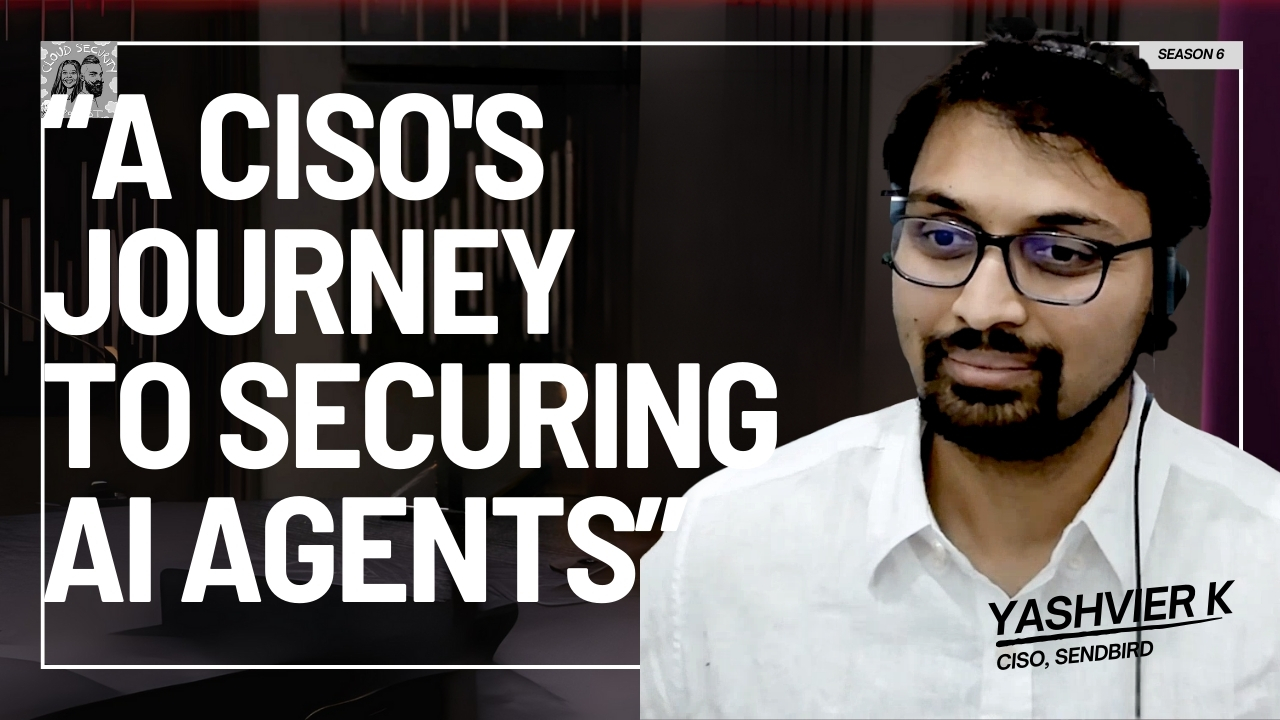
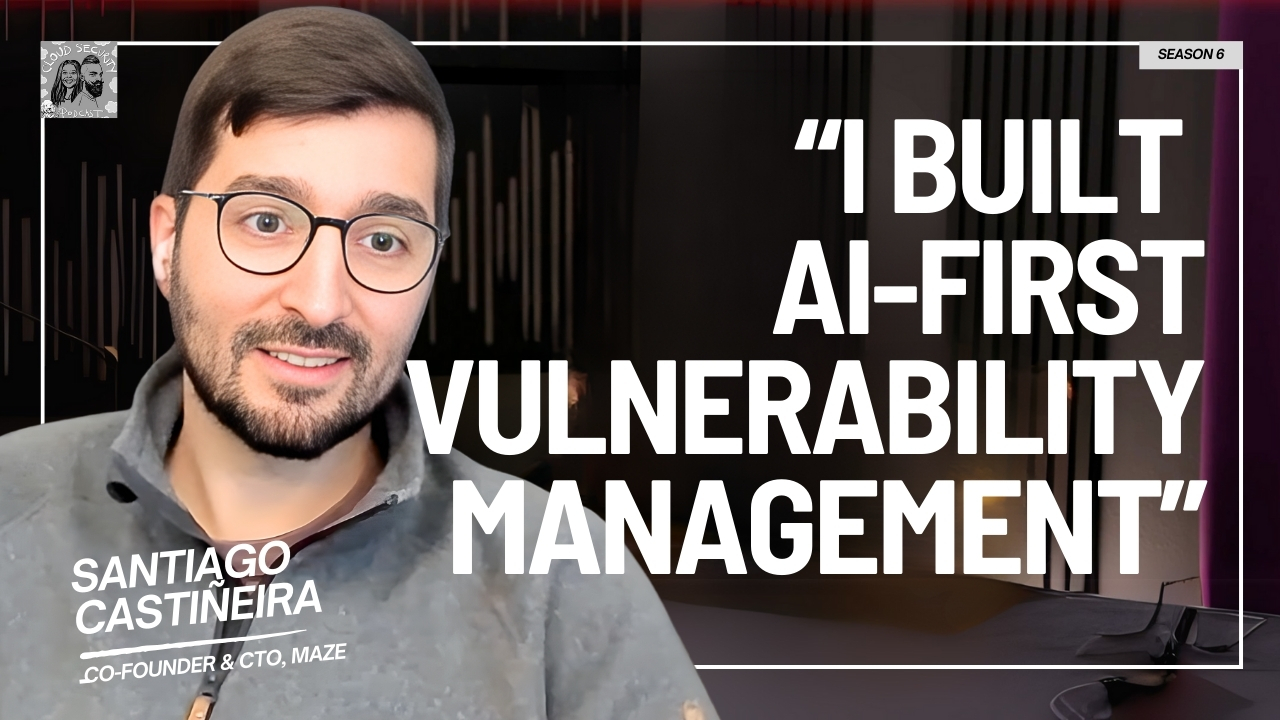
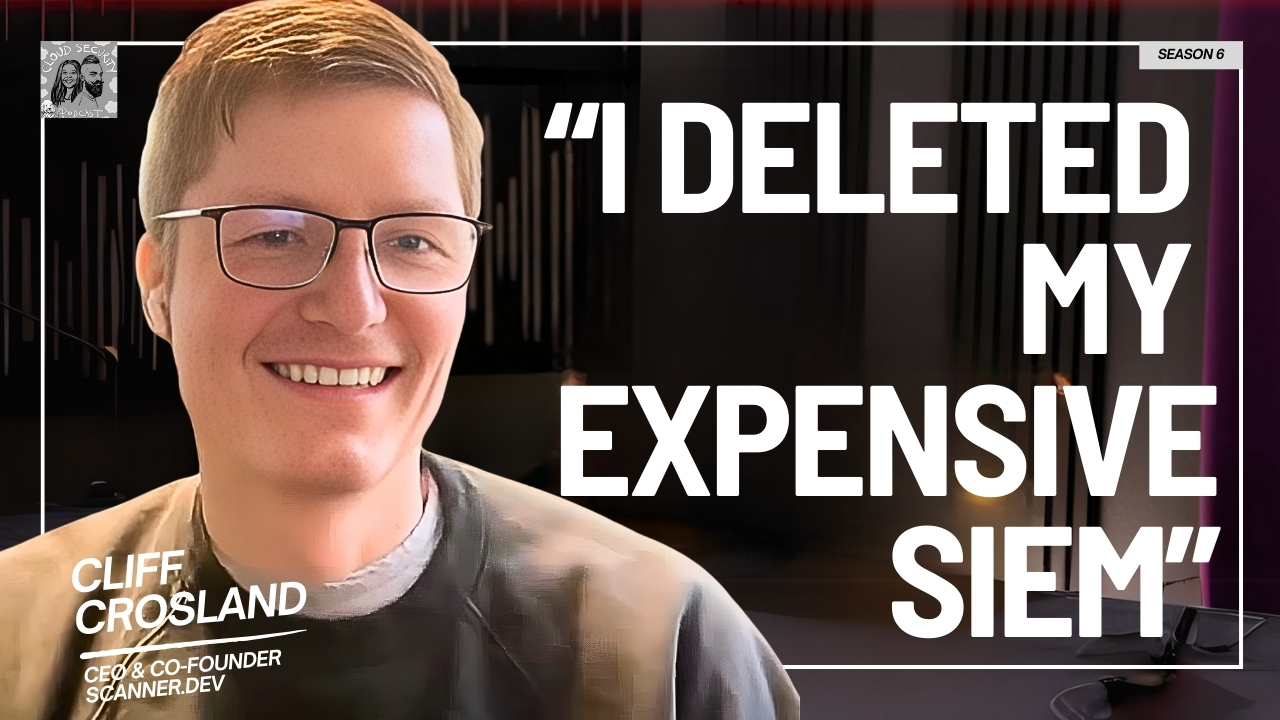
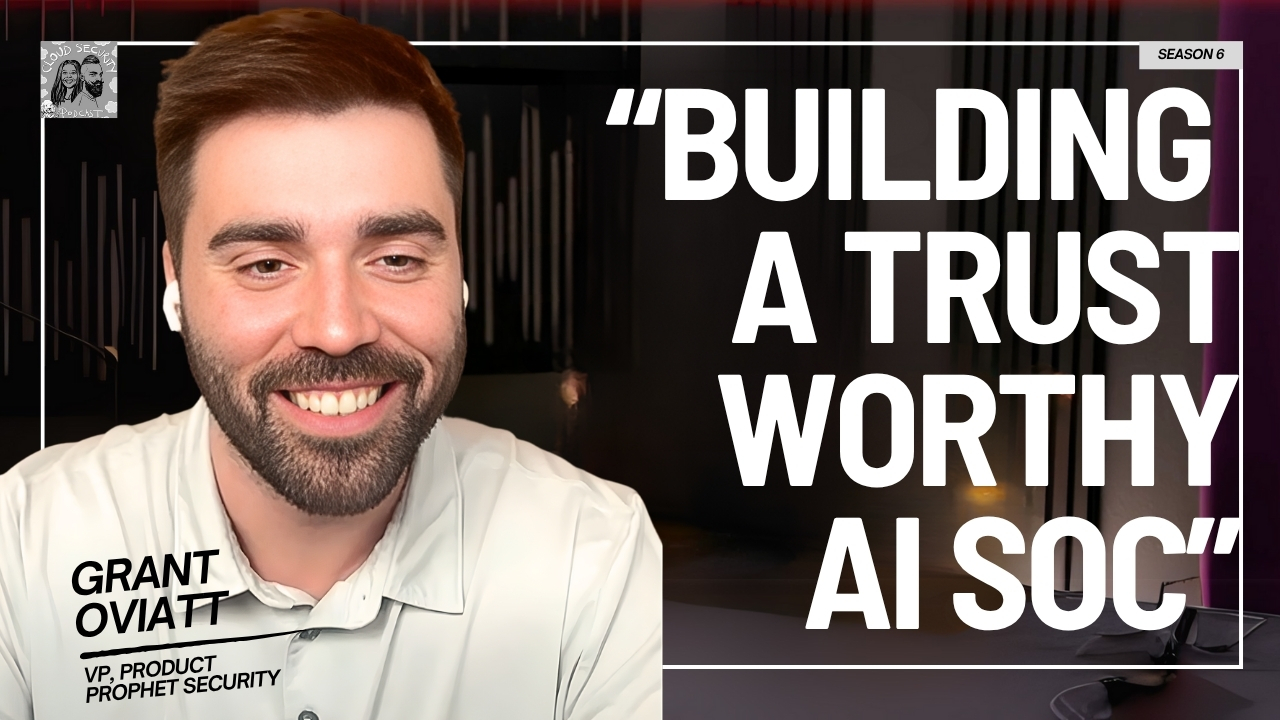

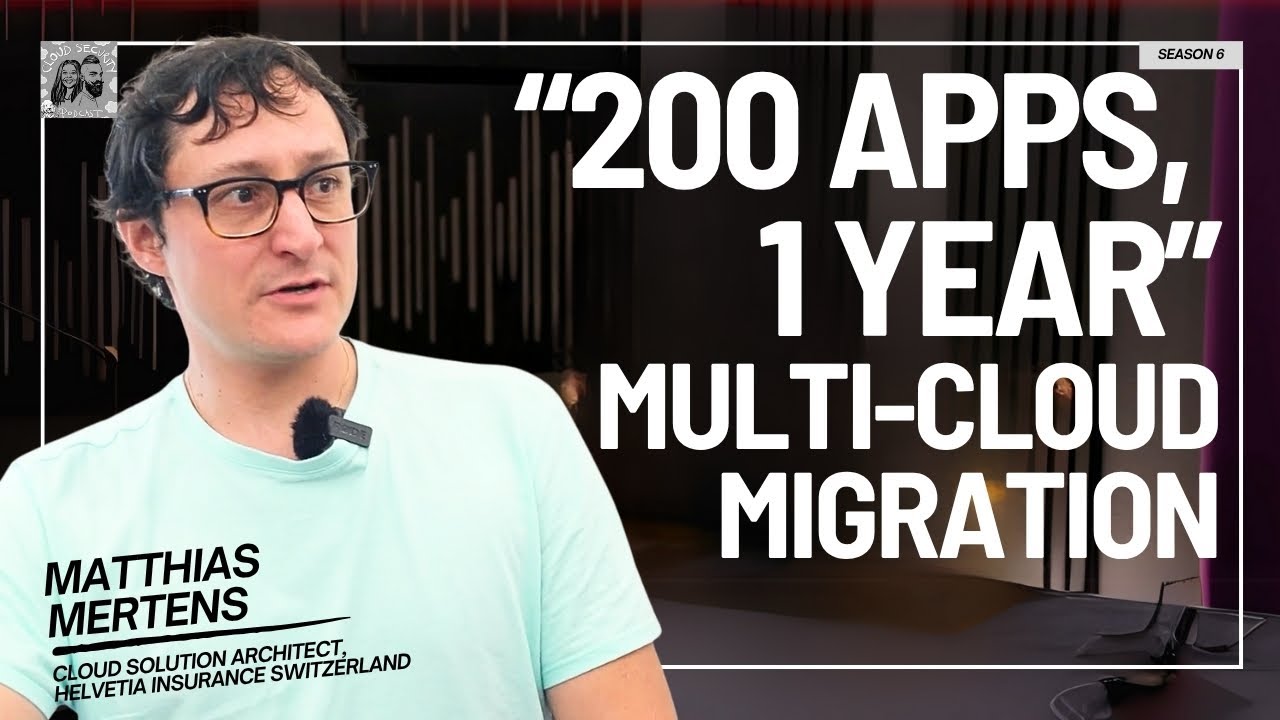

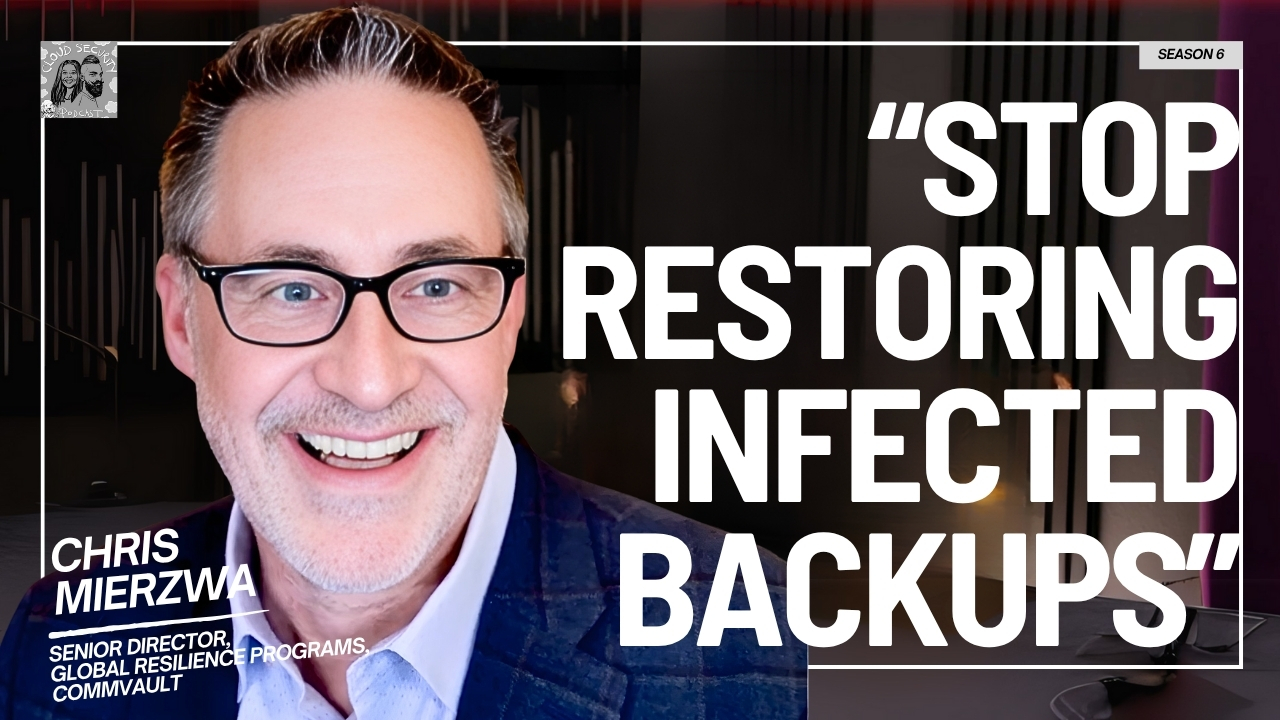
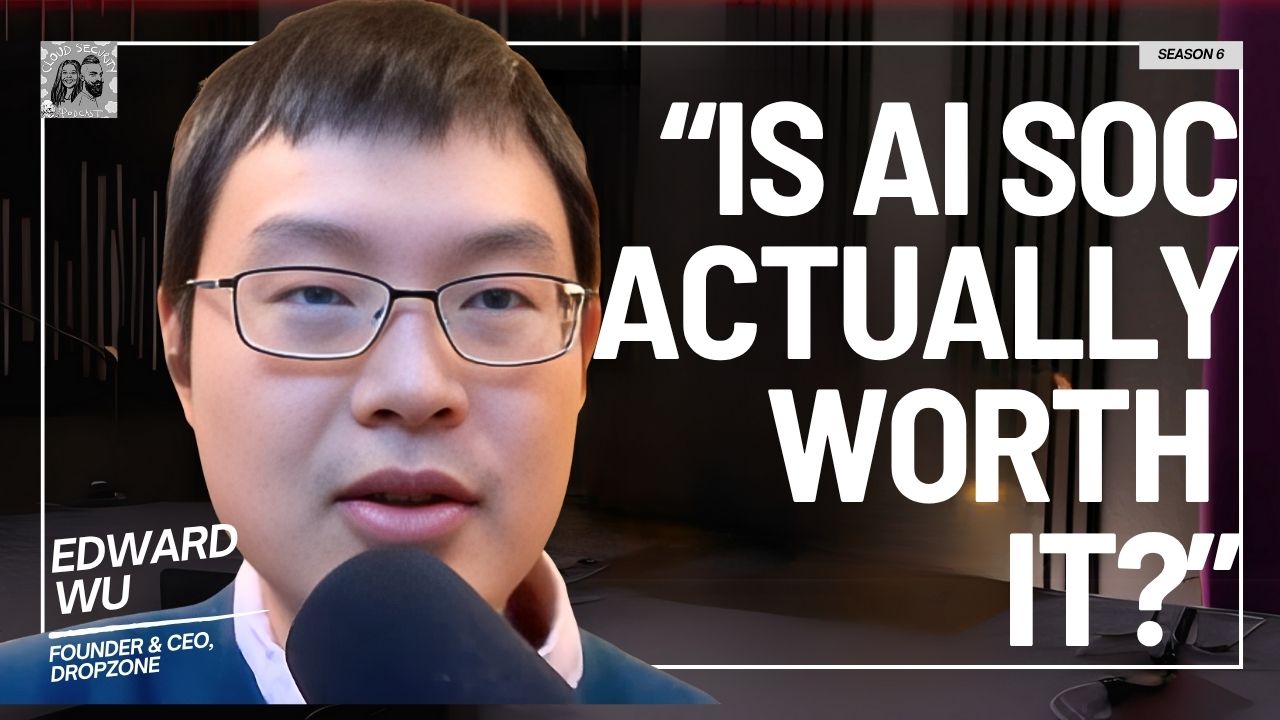
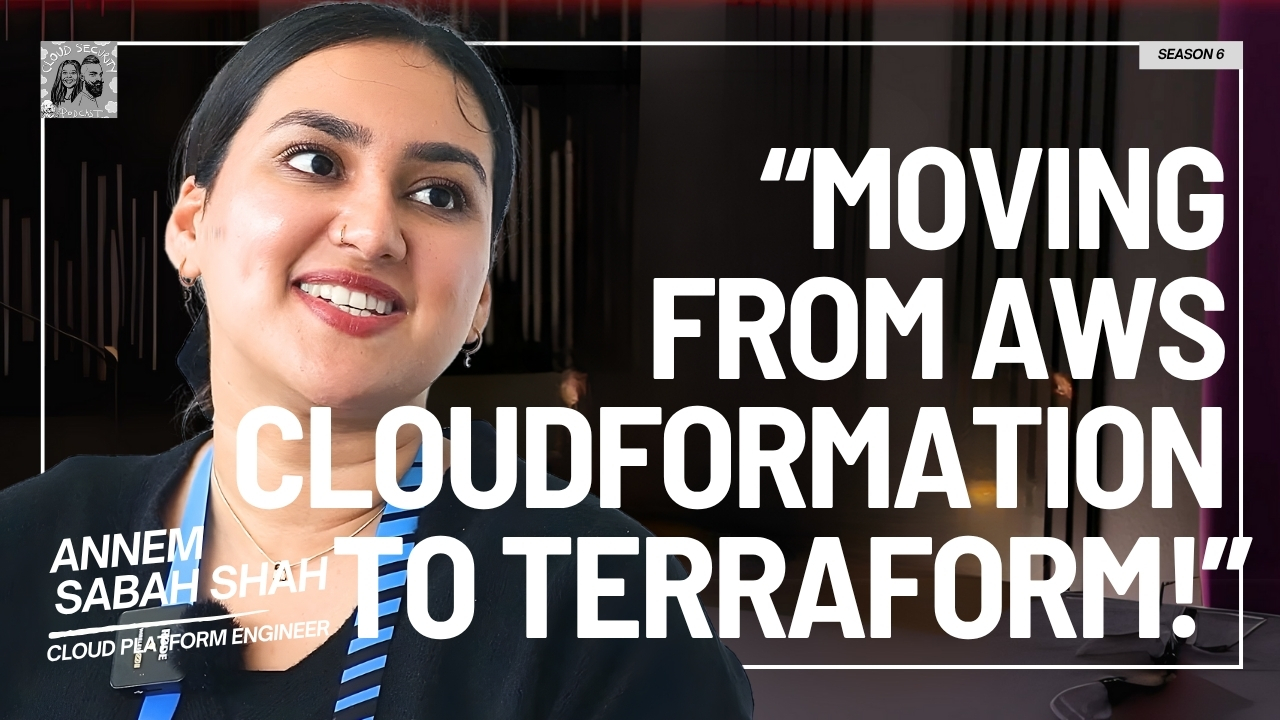

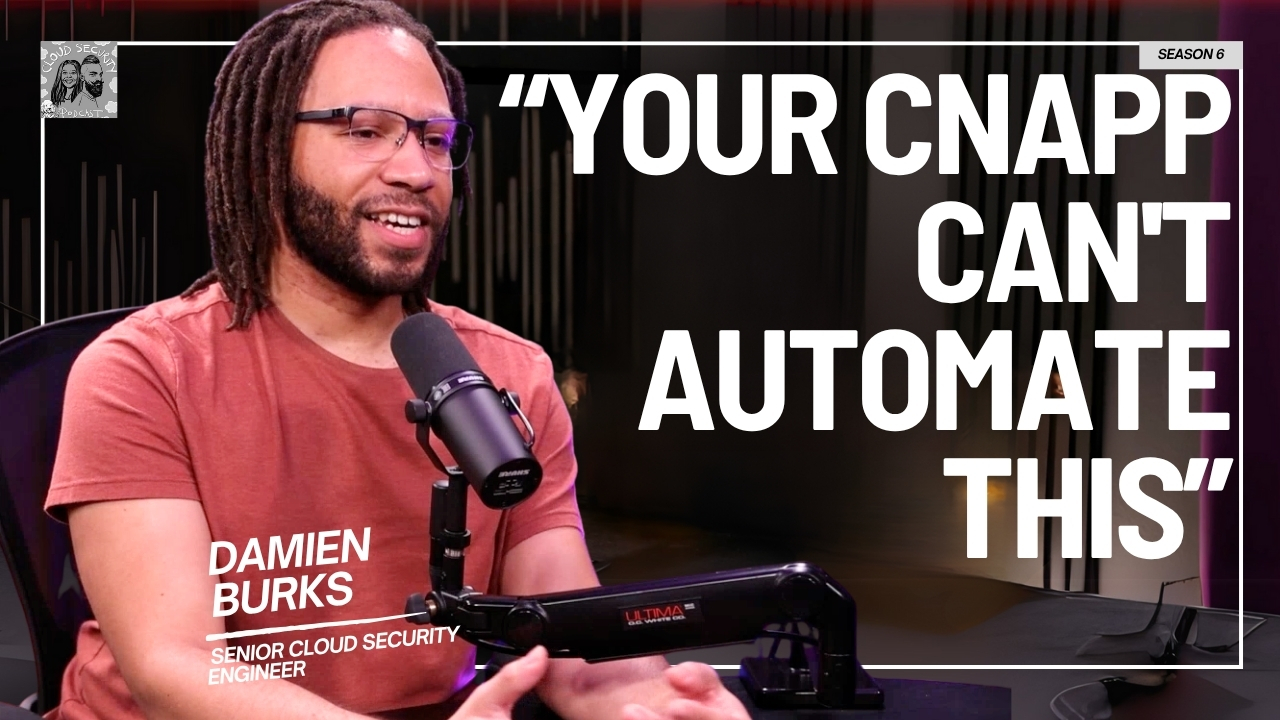
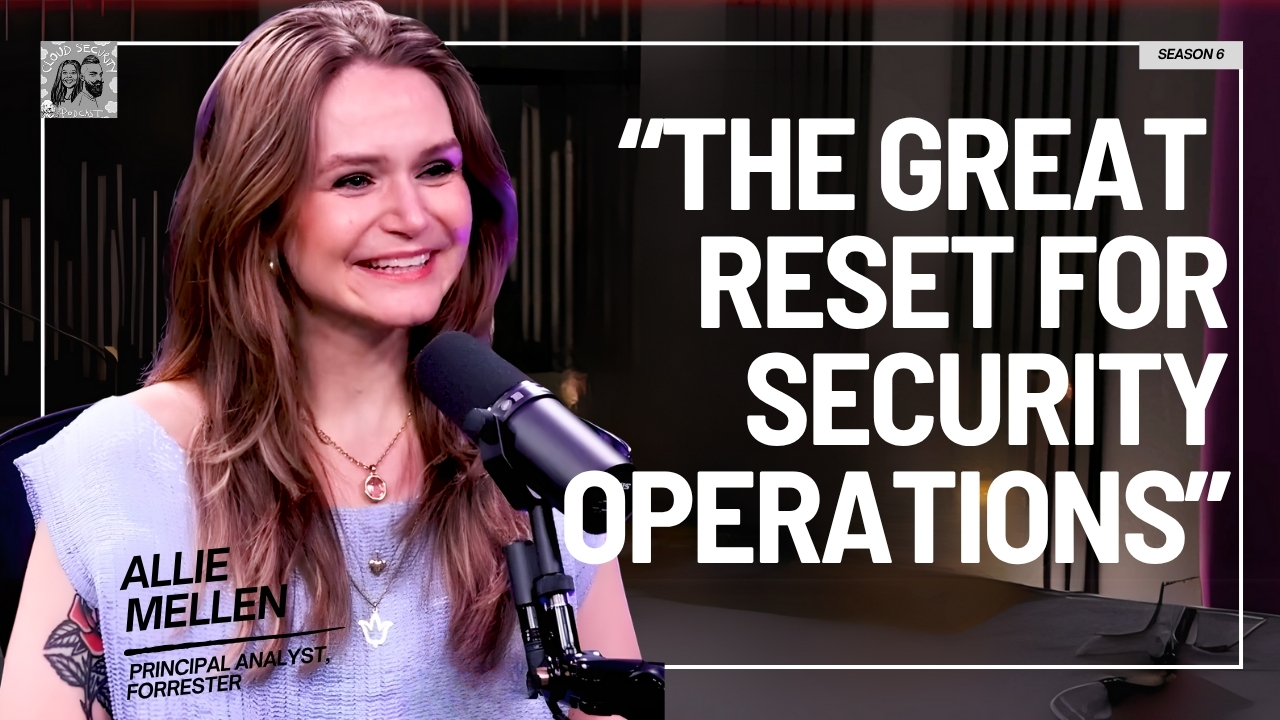
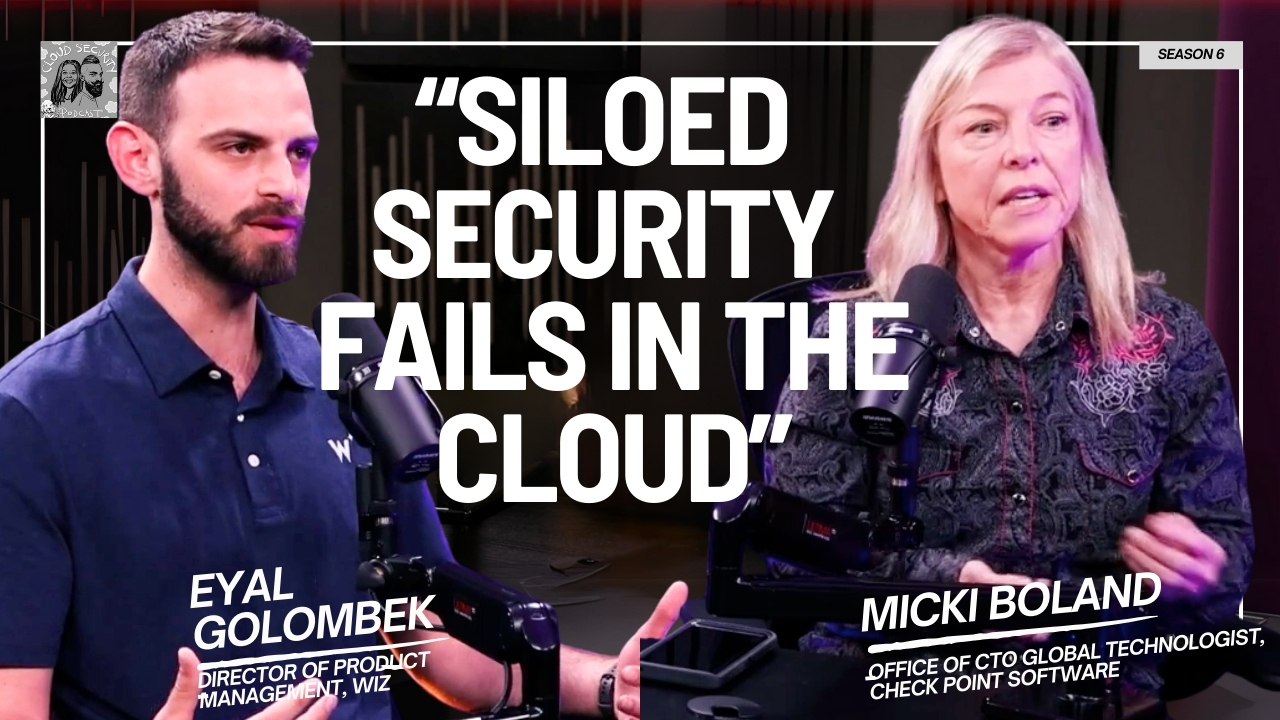
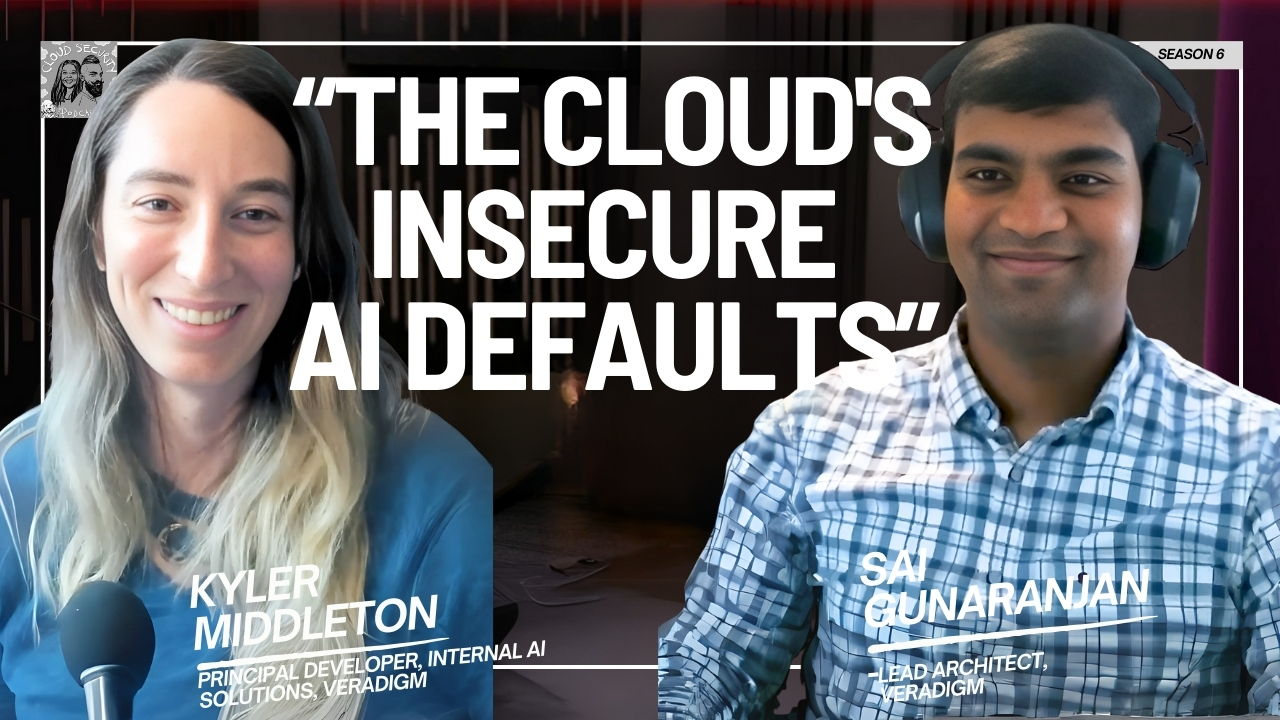


.jpg)
